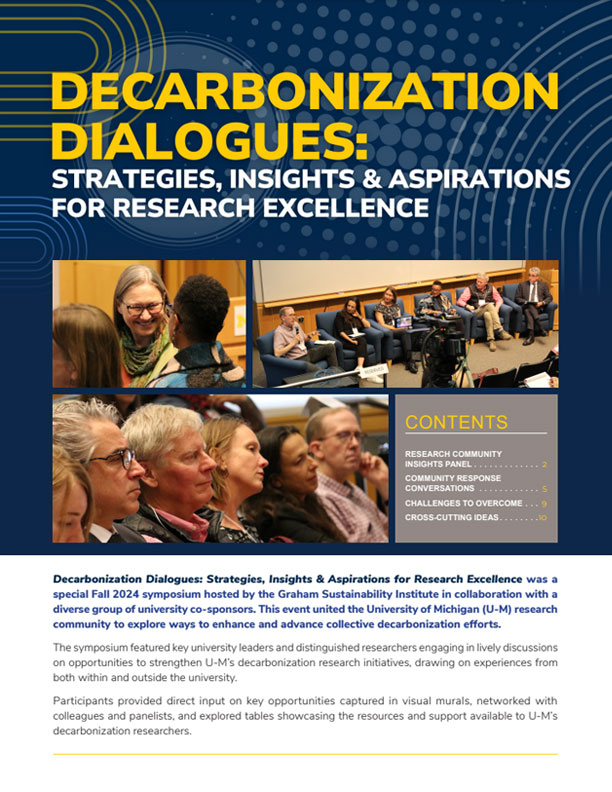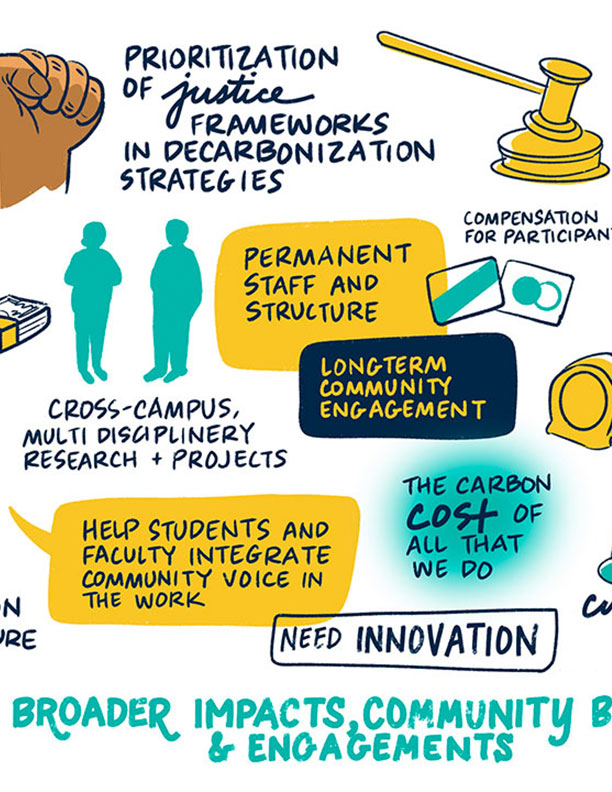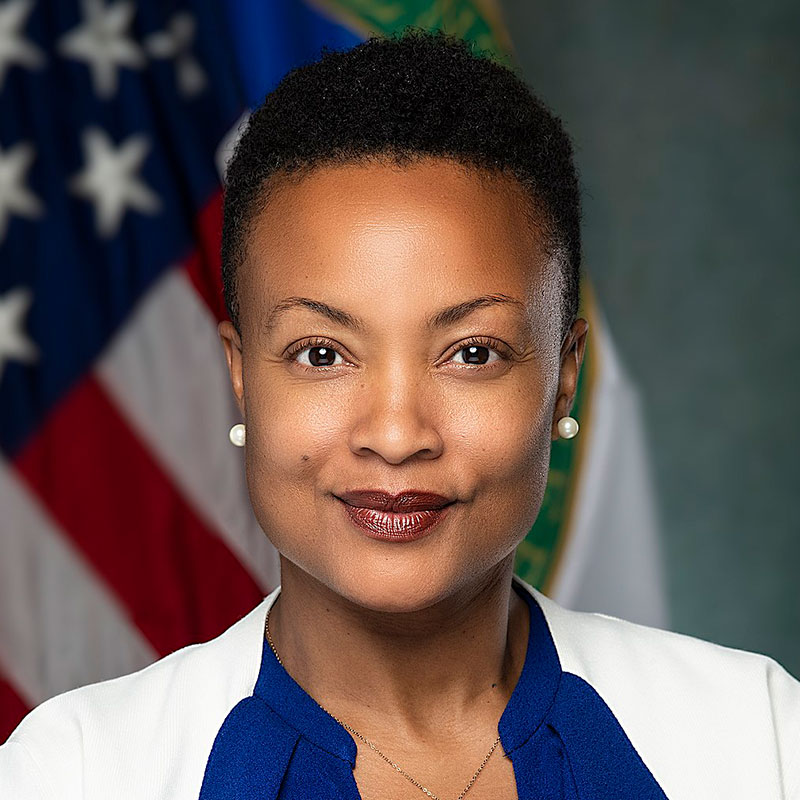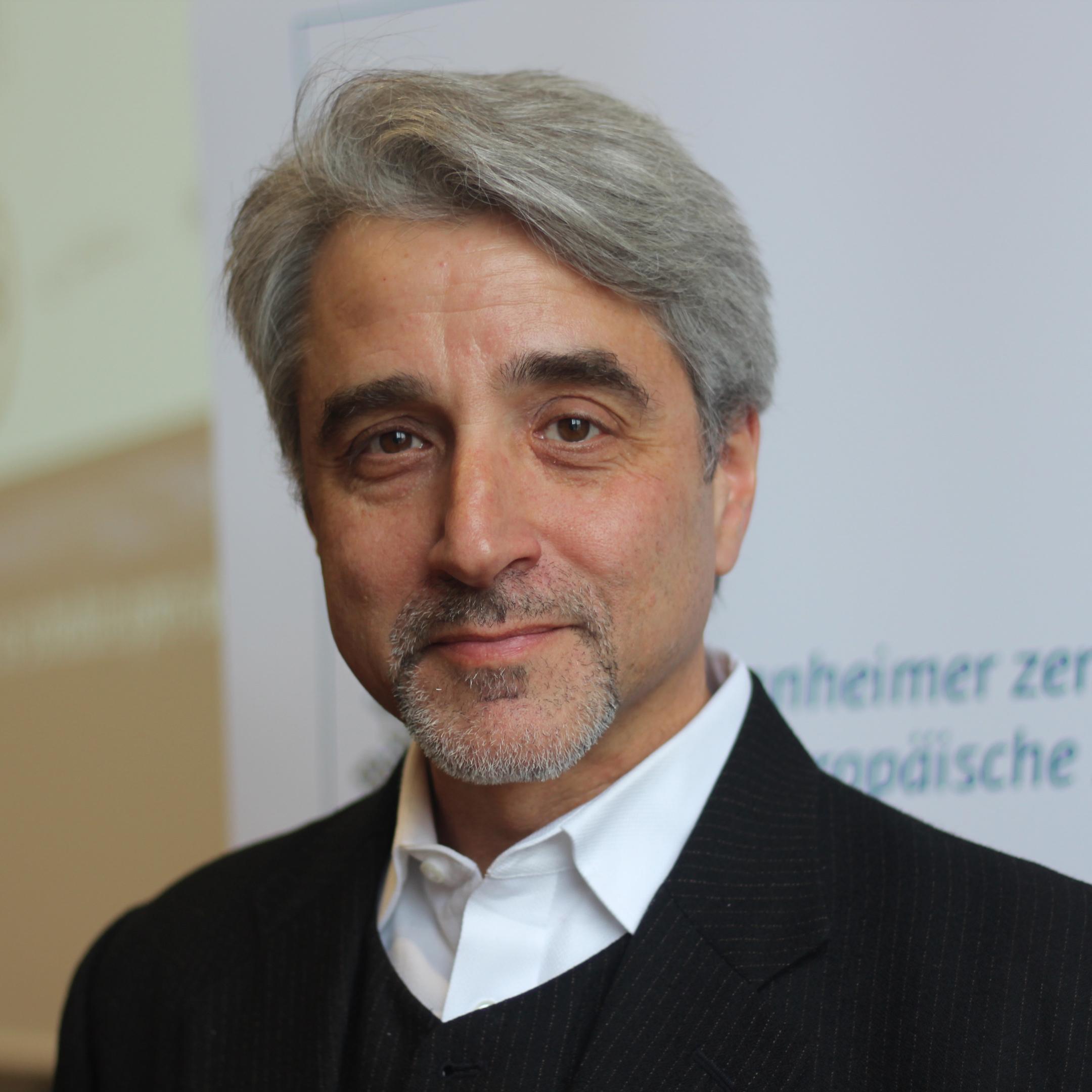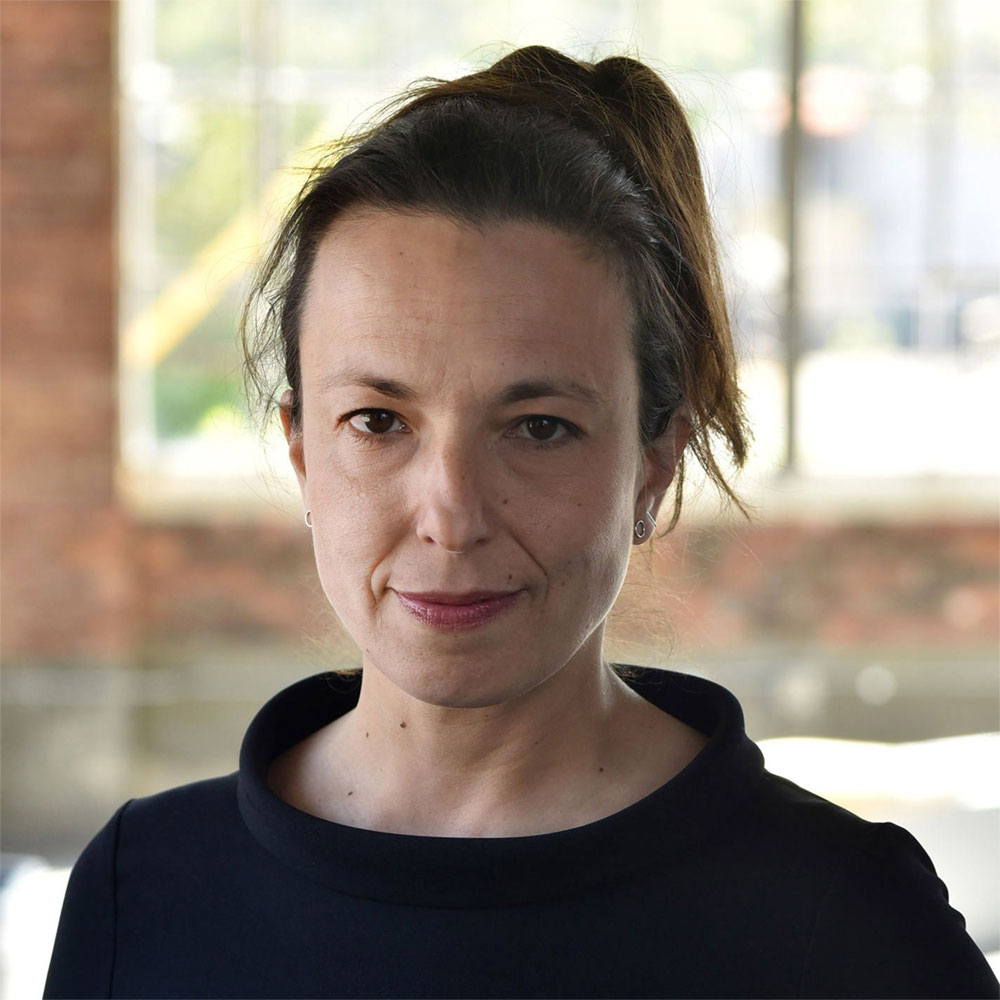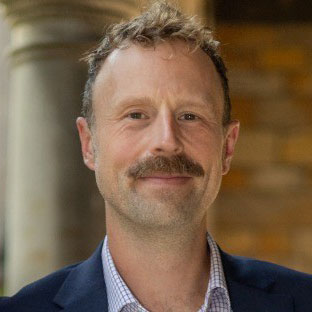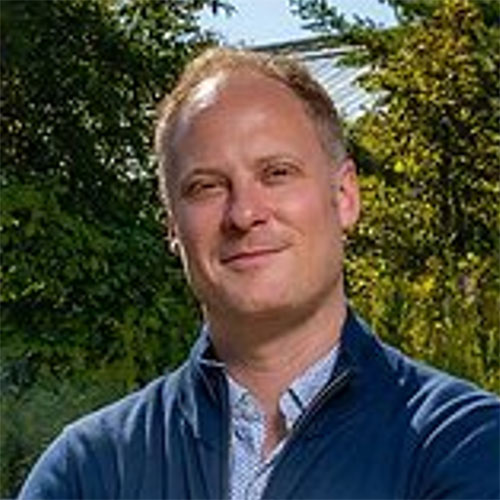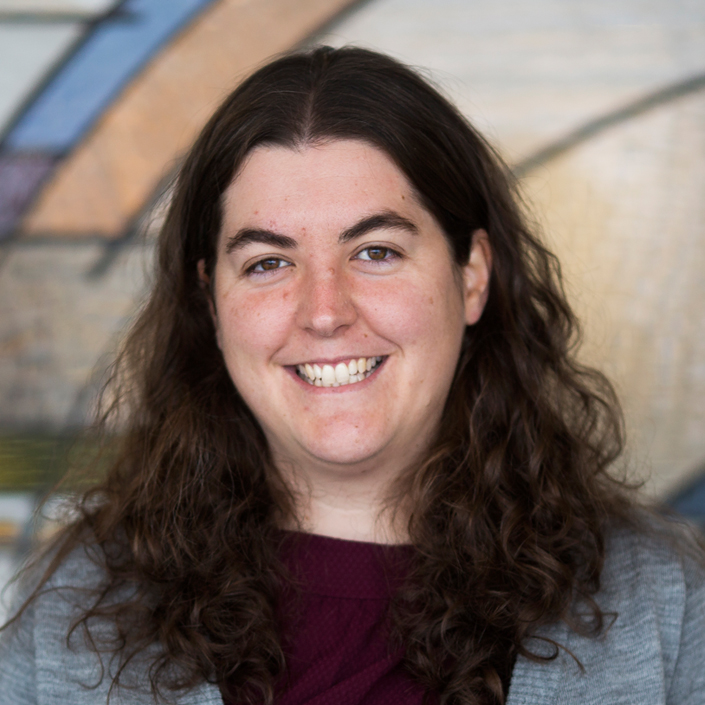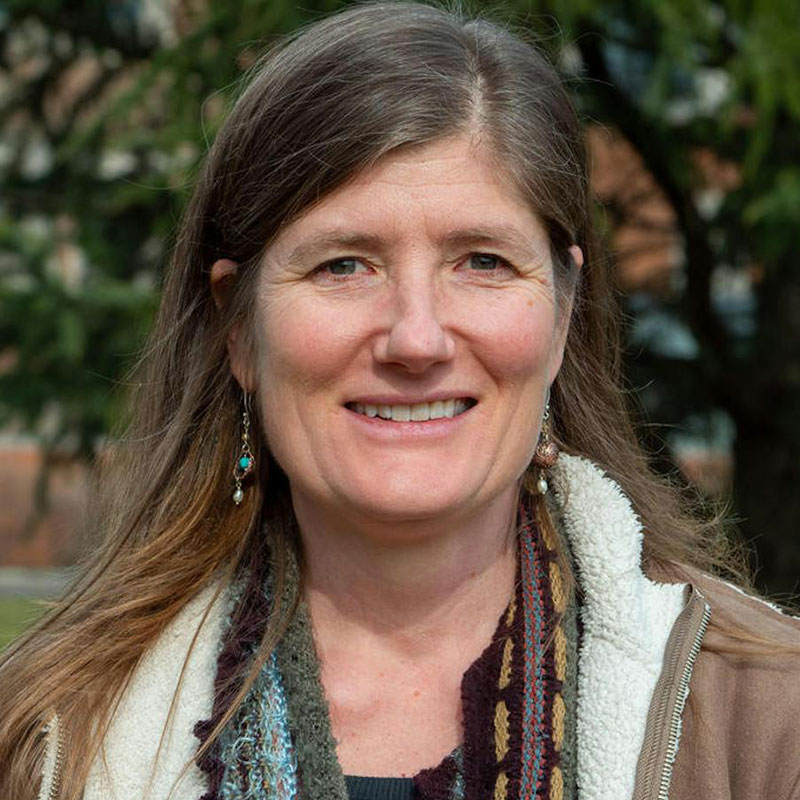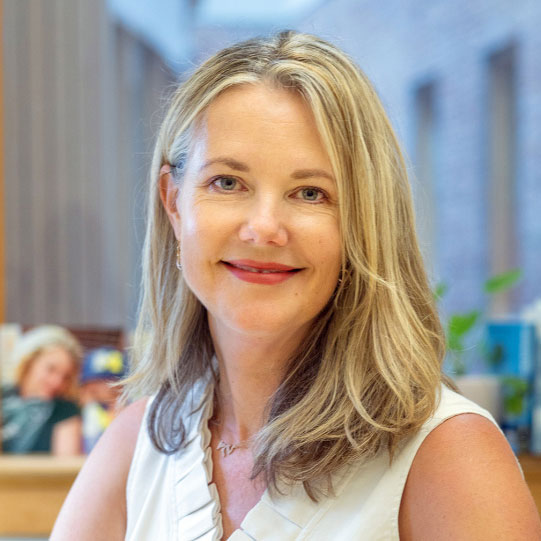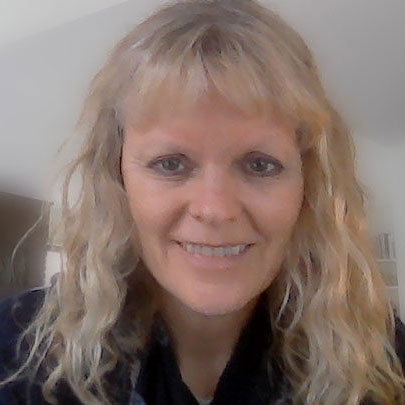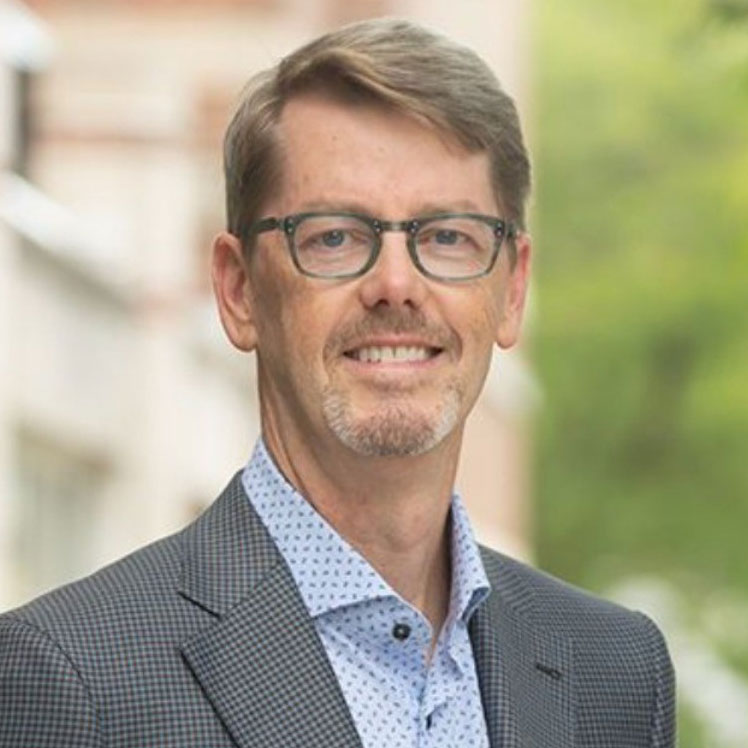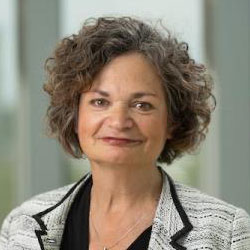Decarbonization Dialogues: Strategies, Insights & Aspirations for Research Excellence was a special fall symposium hosted by the Graham Sustainability Institute in collaboration with a diverse group of university co-sponsors. This event united the University of Michigan (U-M) research community to explore ways to enhance and advance collective decarbonization efforts.
The symposium featured key university leaders and distinguished researchers engaging in lively discussions on opportunities to strengthen U-M’s decarbonization research initiatives, drawing on experiences from both within and outside the university.
Participants provided direct input on key opportunities captured in visual murals, networked with colleagues and panelists, and explored tables showcasing the resources and support available to U-M’s decarbonization researchers.
Meet the Co-Sponsors
Resources
- Explore sustainability challenges and solutions with factsheets from the Center for Sustainable Systems, covering topics like energy security, climate change, water scarcity, and ecosystem health.
- The Fastest Path to Zero’s Tool Guide offers resources on nuclear energy and its role in clean energy transitions.
- Learn about the Global CO2 Initiative’s decarbonization work through this concise overview.
- Discover the Ginsberg Center’s approach to academic partnerships and consultation services in this comprehensive guide.
- This Decarbonization Dialogues slideshow highlights cutting-edge decarbonization research at U-M.
Fireside Chat with Shalanda Baker
Shalanda Baker
Vice Provost for Sustainability and Climate Action
Before serving as U-M’s inaugural Vice Provost for Sustainability and Climate Action, Shalanda Baker directed the U.S. Department of Energy’s Office of Energy Justice and Equity. Over her tenure within the Biden administration, she led numerous strategies aiming to enable an equitable energy transition including developing the framework for the White House’s Justice40 Initiative and Regional Energy Democracy Initiative. She has a background in law and previously held faculty positions at Northeastern University, the University of Hawai’i at Manoa, and the University of San Francisco, among others.
Jennifer Haverkamp
Host
Graham Family Director, Graham Sustainability Institute
Jennifer Haverkamp, Graham Family Director of the Graham Sustainability Institute, is an internationally recognized expert on climate change, global environmental policy, and international trade. She also teaches at Michigan Law School and the Ford School of Public Policy and co-chaired U-M's Commission on Carbon Neutrality. Before joining U-M, she held prominent roles at Cornell University, the U.S. State Department (where she led international climate negotiations), the Environmental Defense Fund, and the U.S. Trade Representative's office.
Research Community Insights Panel
The Research Community Insights Panel highlighted U-M’s evolving approach to decarbonization research, emphasizing key traits such as intentionality, systems thinking, equity, and alignment with societal needs.
The panel underscored the opportunity to build on areas where U-M is already making strong progress but has the potential to elevate its efforts to a leadership level. These include fostering deeper community engagement, amplifying social impact, advancing justice in technology deployment, and clearly defining and leveraging Michigan’s unique value proposition in decarbonization research.
Todd Allen
Chair
Nuclear Engineering & Radiological Sciences
Shalanda Baker (moderator)
Vice Provost for Sustainability and Climate Action
Arthur “Skip” Lupia
Interim Vice President for Research and Innovation
Office of the Vice President for Research
Shelie Miller
Center for Sustainable Systems Co-Director
School for Environment & Sustainability
Jonathan Overpeck
Dean
School for Environment & Sustainability
Kathy Velikov
Associate Dean for Research and Creative Practice
Taubman College of Architecture & Urban Planning
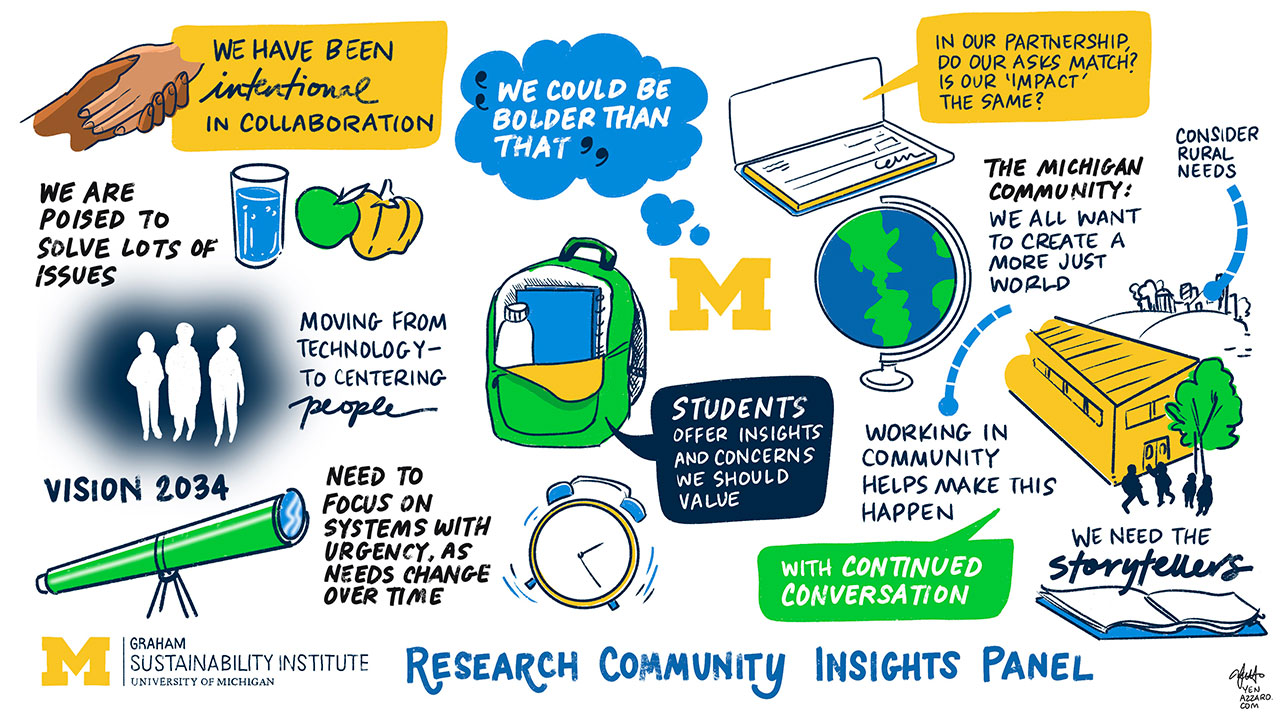
- Graphic recording video (YouTube)
- End product mural: JPG | PDF
Community Response Conversations
Following the formal program, participants transitioned to an informal setting to explore discussion prompts centered on (i) broader impacts and community engagement and (ii) the campus-as-lab (CAL) concept. Facilitated by campus leaders, these one-on-one and small group discussions fostered open idea-sharing, supplemented by sticky note contributions that were visually documented. The following summary captures the breadth of ideas shared during these sessions, reflecting diverse perspectives rather than a consensus among participants.
Campus as Lab
Alex Bryan
Director
Student Life Sustainability
Tony Kolenic
Director
Matthaei Botanical Gardens & Nichols Arboretum
Johanna Mathieu
Director
Institute for Energy Solutions
Shana Weber
Associate Vice President
Campus Sustainability
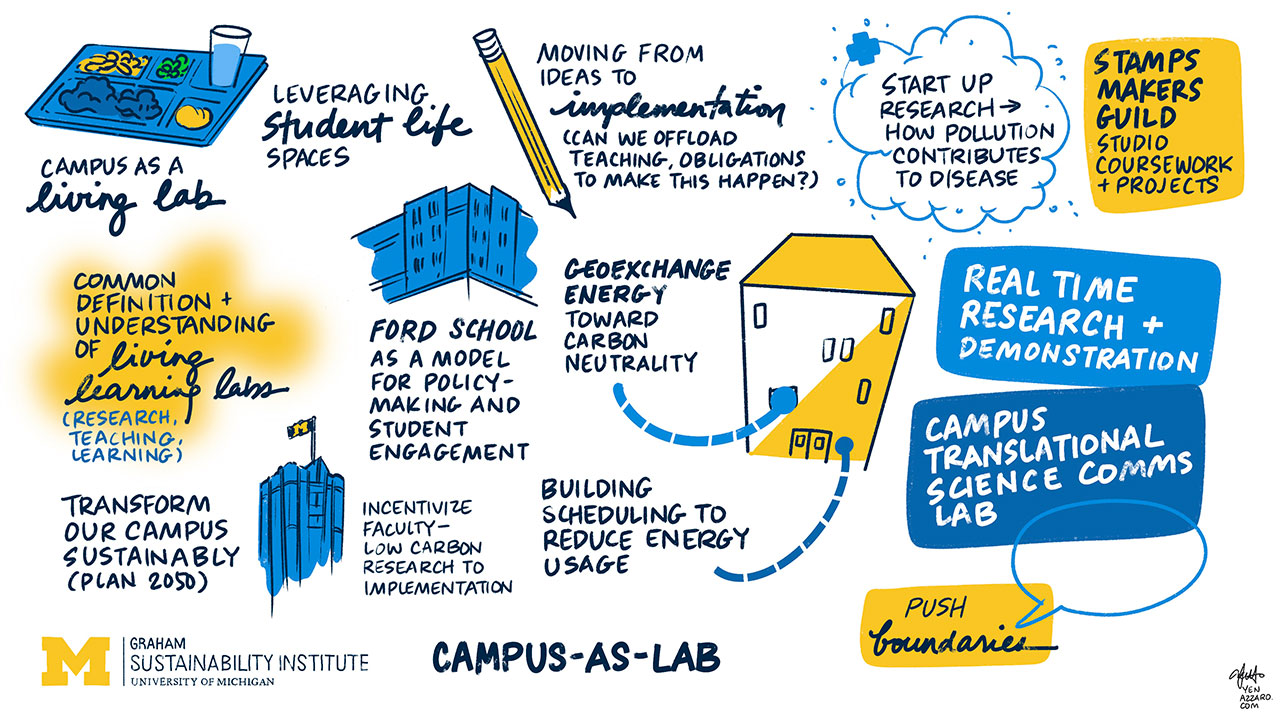
- Graphic recording video (YouTube)
- End product mural: JPG | PDF
Broader Impacts, Community Benefits & Engagement
Liesl Clark
Director of Climate Action Engagement
School for Environment & Sustainability
Susan Fancy
Associate Director
Global CO2 Initiative
Rob VanRenterghem
Partnership Development - Physical Sciences
Innovation Partnerships
Charlene Zietsma
Faculty Director
Erb Institute
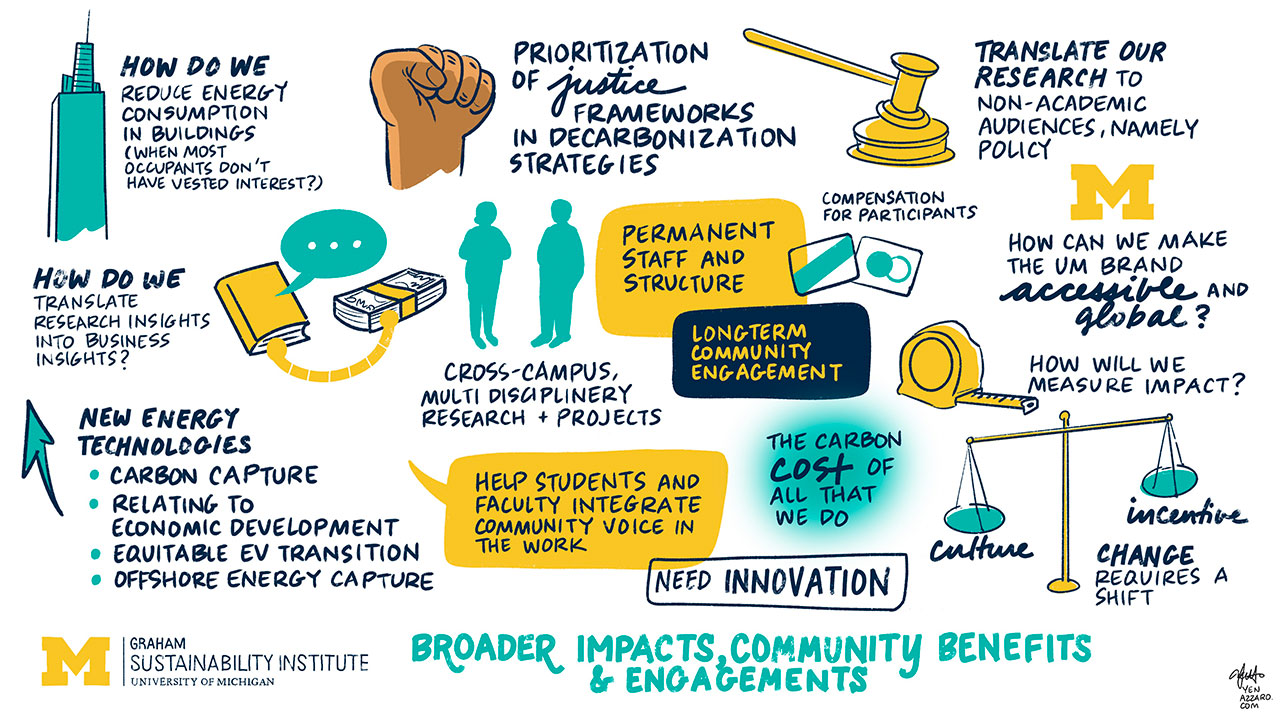
- Graphic recording video (YouTube)
- End product mural: JPG | PDF
Have questions? Contact [email protected].
Since the 2020 launch of the Carbon Neutrality Acceleration Program (CNAP), the Graham Sustainability Institute has worked to strengthen decarbonization research efforts across U-M through direct faculty support and by connecting and amplifying other campus initiatives.
